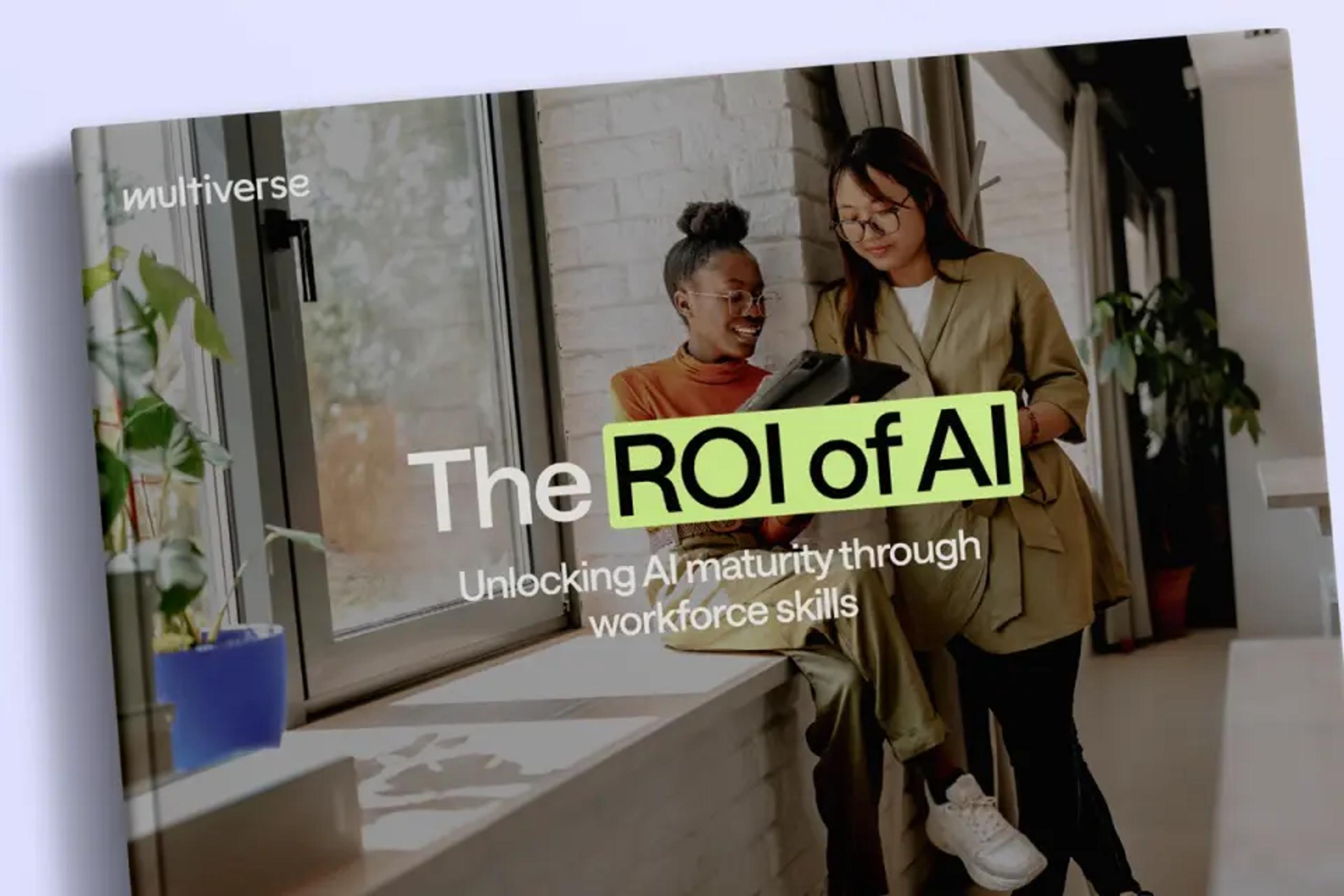Data jobs are popping up everywhere and you might think that it’s an easy, accessible industry to transition into as a result. Data experts are in high demand and the skills needed to become one are niche. The good news is, there’s lots of ways to upskill data and get involved in the community.
To learn data skills, you’ll need to learn how to code, handle data sets and calculate statistics. At first glance, training in data can feel overwhelming but once you break it down, anyone can learn these skills!
I’m going to explore ways to take your first steps into the world of data. Through learning from others, helpful online resources, networking opportunities and a welcoming community, learning about the data industry will feel a lot less daunting.
Online resources
To start your data journey, I recommend using Kaggle. Traditionally, people use Kaggle for machine learning but for beginners it can be used to explore data and get insights. I use Kaggle in the following ways…
Getting data
There are several open datasets that can be downloaded from Kaggle. For example, you can download a dataset on Netflix. You can then use the dataset on your laptop and manipulate with Excel or google sheets initially and then move onto Python when you are comfortable.
Reviewing code
You can review examples of other users' code and make comments on the platform to get more insight. Reviewing others' code is a great way to get started, allowing you to be part of that community without writing code yourself.
Networking with LinkedIn
Wait, LinkedIn is just for finding jobs, right? Not exactly! It can help you find a job, but it also has amazing educational resources. I recommend following top voices within the data community who often post interesting articles that help analyse data problems. You can also connect with data experts you know or look up to in the industry. After making connections, you can comment on their posts or even send them messages to seek advice.
The LinkedIn community is very open and is a great resource to tap into. My favourite account to follow on LinkedIn is Alex Wang(opens new window), she provides amazing data science articles.
Learning from others
YouTube is an amazing resource for learning data skills. It has an endless supply of educational videos that you can learn from and code along with in real-time. You can subscribe to your favourite data experts and get involved in the comments sections where other users are sharing their learning experiences.
Some of my favourite channels to subscribe are Ken Jee(opens new window), Alex The Analyst(opens new window), Tina Huang(opens new window), Luke Barousse(opens new window) (in no particular order 😉)
Upskilling in Data with Multiverse
The best for last! Multiverse offers data apprenticeships at multiple levels allowing you to get a tuition-free qualification in data, earn a salary and work at a top company! As a Multiverse apprentice or alumni (someone who’s finished an apprenticeship), you’ll also get access to the Multiverse community.
The Multiverse community is an eco-system of data coaches who are experts in their fields, data alumni who’ve completed their apprenticeships and current apprentices who are in exactly the same position as you. Engaging with the Multiverse community is the best resource to use to get involved in the world of data. As a member of the community you’re able to:
- Make posts to the public feed or within specialised groups that relate to your field
- Connect with data apprentices and other apprentices all over the world
- Send a direct message anyone from the community. It’s a safe space to ask questions , network or just say hi!
- Attend events hosted online and in person
To get involved with the Multiverse community download the app or access it online. Remember you do need to be a Multiverse apprentice or alumni to get access. Check the platform regularly, sign-up to events, reach out to others and get involved. It’s as simple as that.
To summarise, data resources are everywhere and it’s totally possible for you to learn the skills—especially without a college degree! According to Forbes, its one of the “hottest” fields to be working in. Even if you don’t want a career in data, it can be so helpful to use it in your current non-data role to help put business cases forward and learn about your business or industry. Use the techniques I listed above to get started!





